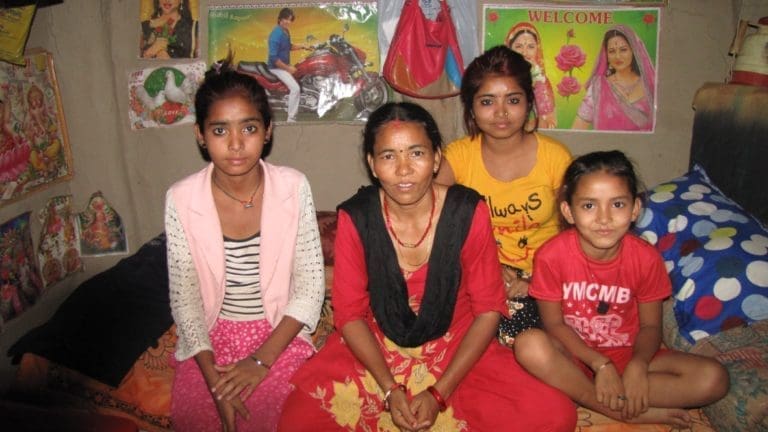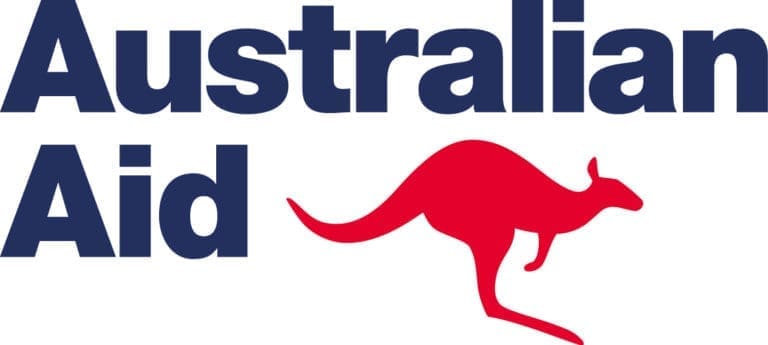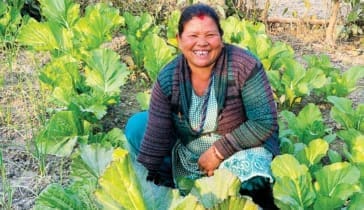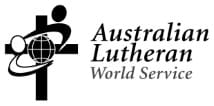published in Women / Girls on April 24, 2018
Giving women a voice
As a child, Bimala was the only female student at her primary school in Nepal. When she attended lower secondary school, she was one of only six girls out of the 70 students in her class.

Then, at the end of year 8, Bimala was forced into marriage. Bimala was no longer allowed to attend school and was confined to household duties.
After she moved with her husband and four young children to India, he left her – with no income, no family and no citizenship.
Tragically, Bimala’s story is not uncommon.
All over the world, girls and women face more barriers to a better life than boys and men, including limited access to money, education, and social and economic opportunities.
If we are to be successful in supporting people to develop their way out of poverty, it’s vital we find ways to tear down the unfair barriers that girls and women face.
That’s why Australian Lutheran World Service (ALWS) strives to integrate gender perspectives into all aspects of their work, and undertake a transformation of attitudes and practices.
At a very basic level it means being careful to design specific ways to empower women.
Women’s Groups are a proven way to do this.
These groups promote the meaningful social, political and economic participation of women. They promote women’s leadership, increase financial literacy among women, and work to increase spending on household and family priorities.
Without these groups, women are often excluded from financial services and decision-making.
Bimala is a great example of what can happen when women are given tailored empowerment opportunities.
After attending a women’s empowerment course, Bimala was supported by local partner Lutheran World Federation (LWF) Nepal to lead a Human Rights Group that advocates for the rights of people with disabilities. Bimala says:
“At one meeting for money allocation I was wanting some services for women but the person writing on the chart was ignoring me, so I grabbed the marker and wrote the numbers myself!
“I have gone back to study … I am happy and proud that I never gave up!
“I want to raise the voice of the needy people so that the government is aware of their needs and they can do the right thing to meet them.
“I am thankful for LWF for unifying women in my community and giving them their voice.”
ALWS is supported by the Australian Government through the Australian NGO Cooperation Program (ANCP).

Categories
- Advocacy
- ALWS 70th & Bonegilla
- Animals
- Australian Government
- Awareness Day
- Child Protection
- Children
- Christmas Action
- Climate change
- Community Education
- COVID-19
- Disability
- Donors
- Earthquake
- Education
- Emergency
- Family
- Farmer
- Farming / Agriculture
- Flood
- Food Security
- Fundraising
- Gifts of Grace
- Health / Healthcare
- Hope Spots 2024
- Houses
- Human Rights
- Livelihoods / Small Business / New Skills
- Natural Disaster
- Poverty
- Refugees
- Social Justice
- Sustainable Development
- Take Action
- The GRACE Project
- Toilets / Sanitation
- Tsunami
- Village Partnership Program
- Walk My Way
- War / Conflict
- WASH
- Water
- What's My Business
- Women / Girls
- Worship / Chapel / Devotion
- Your Love At Work
Recent News & Stories
- Walk My Way Ukraine - Brisbane 2024
- Hope Spot 13 - Hope when it hurts
- Hope Spot 12 - No Parking
- Hope Spot 11 - What's Cooking?
Archives
- April 2024
- March 2024
- February 2024
- January 2024
- November 2023
- October 2023
- September 2023
- August 2023
- July 2023
- June 2023
- May 2023
- April 2023
- March 2023
- December 2022
- September 2022
- June 2022
- May 2022
- March 2022
- January 2022
- August 2021
- July 2021
- June 2021
- May 2021
- April 2021
- March 2021
- February 2021
- November 2020
- October 2020
- September 2020
- May 2020
- April 2020
- March 2020
- February 2020
- January 2020
- November 2019
- October 2019
- May 2019
- April 2019
- March 2019
- February 2019
- January 2019
- November 2018
- October 2018
- August 2018
- July 2018
- April 2018
- March 2018
- February 2018
- January 2018
- January 2016

Veggie Seeds $11
Cauliflower, cabbage, potatoes, tomatoes, onion, garlic, chilli, carrots and beans!
learn more